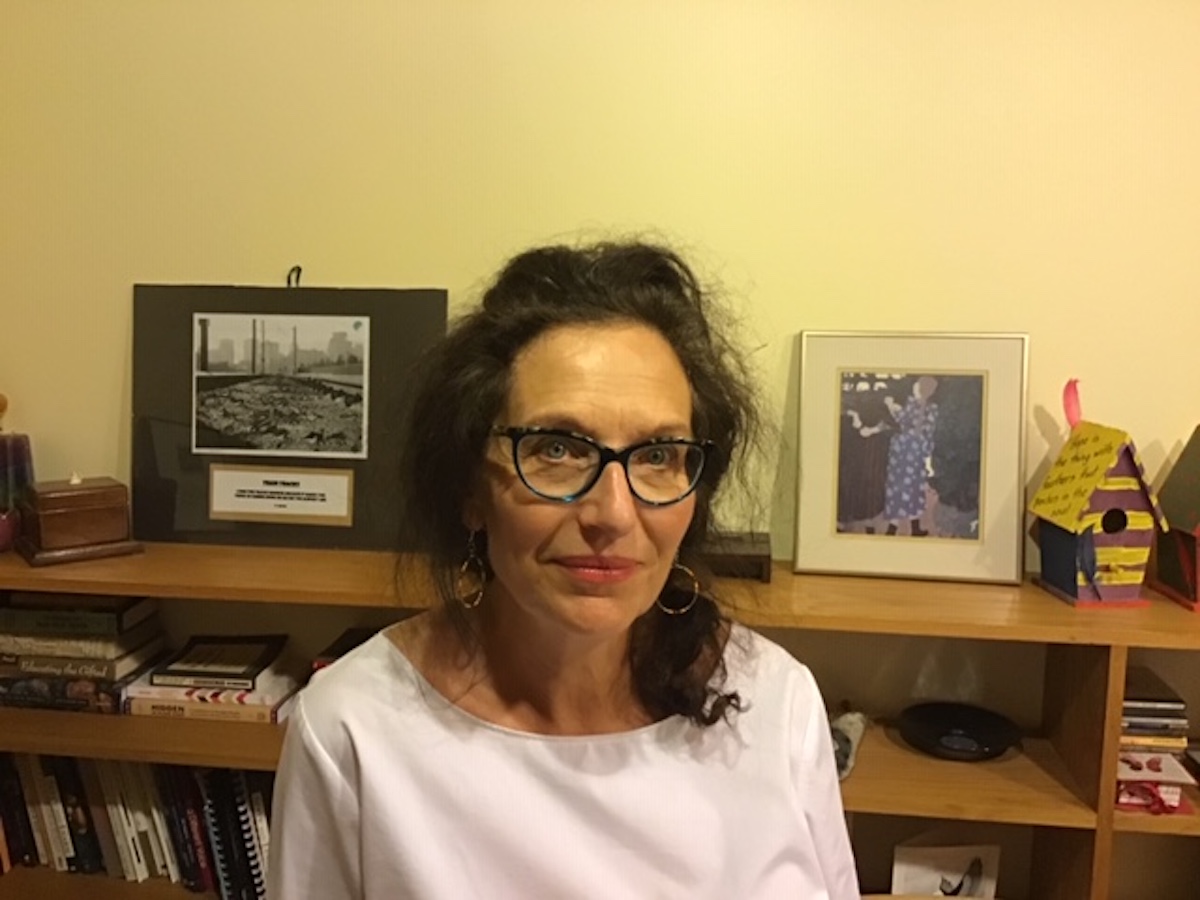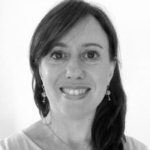Lenora LeMay is a hope-focused practitioner and scholar who continues to make sense of making hope visible and accessible in our interactions.
Currently, Lenora is engaged with a study of high school students to further our understanding of how a narrative conception of hope enhances well-being in their lives. She is also updating the Hope Studies Certificate course and the Hope-Focused Service-Learning program, and authoring a book to continue building a community of hope-focused practitioners and scholars who are interested in a narrative pedagogy of hope.
You can find more stories about a narrative pedagogy of hope at her website. You may also contact Lenora at llemay94@gmail.com for more information about how you or your organization might work with her.
1. Can you please tell us about a narrative conception of hope and how you employ it to enrich people’s lives and help them to cultivate a greater sense of well-being?
I began to think about a narrative conception of hope while working with two teachers in order to make sense of their experiences of working with a set of hope-focused practices. The practices evolved as I worked alongside youth in the HOPE KIDS™ program at an applied research site affiliated with the University of Alberta.
I took a leave from teaching to be with Hope Kids because I was curious about how their experiences differed from my own in the classroom. I employed Clandinin and Connelly’s (2000) practices of narrative inquiry to understand what was happening when Hope Kids made hope visible and accessible in their interactions. My Nurturing Hopeful Souls resource evolved as I made sense of my experiences with Hope Kids and others.
Later, when again working with those two teachers in a research study, I observed them demonstrate more courage to live with hope after awakening to stories from their own childhoods and the experiences of their students. With that in mind, I put forth that a narrative conception of hope, that is, narratively reflecting on our experiences of making hope visible and accessible over time in different places and spaces, with our whole being, enhancing our ability to story ourselves forward in personally meaningful and relevant ways.
2. How do you overcome the daily negativity and stress that life presents and stay hopeful?
First off, I need to make it clear that a narrative conception of hope does not support a Pollyanna version of hoping that everything will turn out if we just hope for it to, like wishing, hope’s cousin does.
A narrative conception of (or way of being with) hope enables me to attend equally to moments of hopefulness and hopelessness in my own and others’ stories. It is when I focus on unpacking these moments alongside other moments that I am reminded about, and can build on, the hope sources and resources that help me to cope with the “hope suckers” that come my way.
Since I have, over the years, become much more adept at recognizing “hope suckers” or “hope sucking” events for what they can and cannot do when they appear, I have a greater number of personally meaningful and relevant hope-focusing strategies from which to draw upon when required.
3. What are some simple beginner strategies we can all embrace to make hope visible and accessible in our daily lives?
Two of the first hope-focused strategies that I learned are, in my opinion, the simplest and most powerful way to orient us to the power of hope in our lives.
The first is to draw or photograph a picture of what hope sounds, feels, and looks like.
The second is to make a list of people in your life who inspire or have inspired hopeful ways of relating, feeling, acting, and/or thinking, and/or who are or have supported you through tough moments/times in the past.
I believe that these two simple strategies can be the catalyst that wakes up and shakes out hope-focused strategies that are, for any number of reasons, previously hidden from us.
Bold



